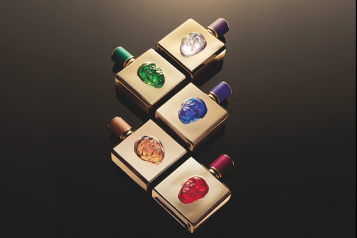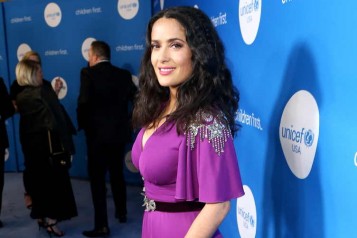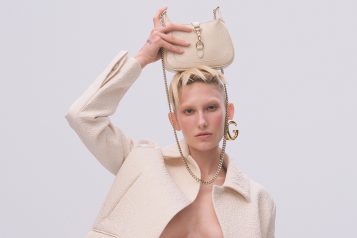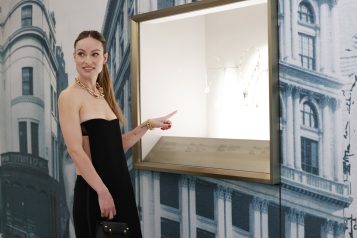Despite the wind, rain and today’s cold temperatures, the 122nd Boston Marathon is now officially underway. Nearly 30,000 runners from around the world are hitting the ground running in Hopkinton for the 26.2-mile race to Boston’s Back Bay. This year, all eyes are on Shalane Flanagan, winner of the New York City Marathon and Marblehead, Mass. native and Desiree Linden (currently in the lead), to become the first American woman to win the race since 1985.
We caught up recently with Kathrine Switzer, the first woman to ever run the Boston Marathon with a numbered entry, to discuss her historic experience back in 1967, what continues to motivate her to run and how she feels about being a role model for women. Switzer has run the Boston Marathon nine times and this year can be seen as a race analyst on today’s all-day coverage on CBS Boston.
You broke the gender barrier back in 1967 when you became the first woman to run the Boston Marathon with a bib number. Tell us how that experience felt.
I was a student at Syracuse University and was 20 at the time. I was given the opportunity by my coach, who didn’t think any woman could run a marathon. He said to me ‘if any woman could do it, it would probably be you,’ so we trained together. We did 31 miles and he passed out. He was such an evangelist for women running and helped me sign up for the race. At the time, men didn’t believe women could do it. During the race, people were yelling at me and one guy told me to get the hell out of the race and my boyfriend decked him. I was so proud because I knew I could do it, but this was a real shocker for me. It was a coming-of-age moment that we all have in life. I was determined to finish and I did. I thought about the status of women in sports, but I would never have imagined the impact I would have. I am not running this year’s Boston Marathon. They retired my bib number last year, but I am running the London Marathon next week.
How did your experience in 1967 compare to running last year’s Marathon at the age of 70?
Interestingly enough, I only ran 20 minutes slower at age 70, which is a testimony to good health and fitness. I’m not obsessive. I run every other day. Since my first Boston Marathon, it has been nothing less than a social revolution. Last year, 12,000 women ran. They run to feel empowered and do it for their own self-esteem. It’s the most validating and heroic feeling. I have partnered with Equinox Fitness (their campaign is about commitment) and they said they thought I embody that, which was incredibly flattering. (Switzer worked with Equinox Sports Club Boston on their Commitment Collection to create Eau de Blood, Sweat & Tears perfume, a fragrance infused with water, ethyl alcohol and the DNA of Switzer).
What motivates you to continue to run?
First of all I like to run. It has really given me everything I have. Basically what I run for is to get a break. It gives me a sense of purpose and empowerment. It’s a time for me to get back to me. It’s also a time to put myself in place with nature’s program.
Was it ever your intention to change the culture of sports for women?
No, because at the time, I felt somehow it was women’s fault, if you can believe it. I didn’t understand the women’s liberation movement. I did understand medical fairness, but with women’s sports, I thought other women didn’t get it, but I realized it was all about lack of opportunity.
What was your initial inspiration for running the Marathon?
Arnie Briggs was my first coach. We were as different as chalk and cheese. He was 50 and I was 19. I was a feisty student, who was outspoken. He was the university mailman who was an ex-marathoner and I was always fascinated with distance. We’d run a 15-mile run and he would drop off at 12. When we ran the 31 miles, he passed out. I think women are different than men in that we possess stamina, endurance, flexibility and balance.
How has the spectator crowd changed over the years?
In 1967, it was cold, snowy and really miserable with just a few spectators coupled with some really nasty comments like ‘go back to the kitchen and make dinner for your husband.’ Last year, it was nothing but incredible acclaim with a storybook finish.
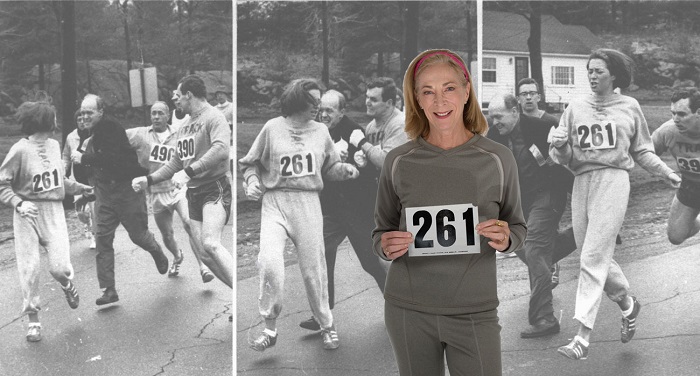 Photo Credit: 261 Fearless/Beachy Media
Photo Credit: 261 Fearless/Beachy Media
You’ve been known to say you started the Boston Marathon as a girl and finished a grown woman. Can you elaborate on that comment?
The Marathon is a transformational experience. When you go for a long run, you go through mental and physical changes. When you are running the last few miles on fumes, you feel a kind of maturation. When you finish the race, you feel wise and triumphant. Some men have said that running a marathon feels like having a baby, but I am not sure where they get their insight (laughs).
Tell us about 261 Fearless.
The opportunity really came to us. People suddenly began coming to me saying that number made them feel fearless. I realized then that something strange was happening. People would read my story, see that picture and relate to it. All of us have been told at one point we are not good enough, so when we started the run, women realized they are somebody and and can overcome that feeling. They became really fearless. That’s when we built the nonprofit, 261 Fearless (named in honor of her original bib number). We want to take running to women with no opportunities. If we can show them how to put one foot in front of the other, we can really change the world.
How does it feel now to be known as a role model for women?
I feel proud and happy if I have inspired anybody. It’s a responsibility to live up to, and I feel really honored.
What are you most looking forward to with this year’s Boston Marathon?
I am back doing the broadcast this year. I have run it nine times and am looking forward to seeing my team of 47 women raise money to help our charity and empower lives around the world. We have not had an American woman win the Boston Marathon since 1985, so that would be beyond imagination to see.







